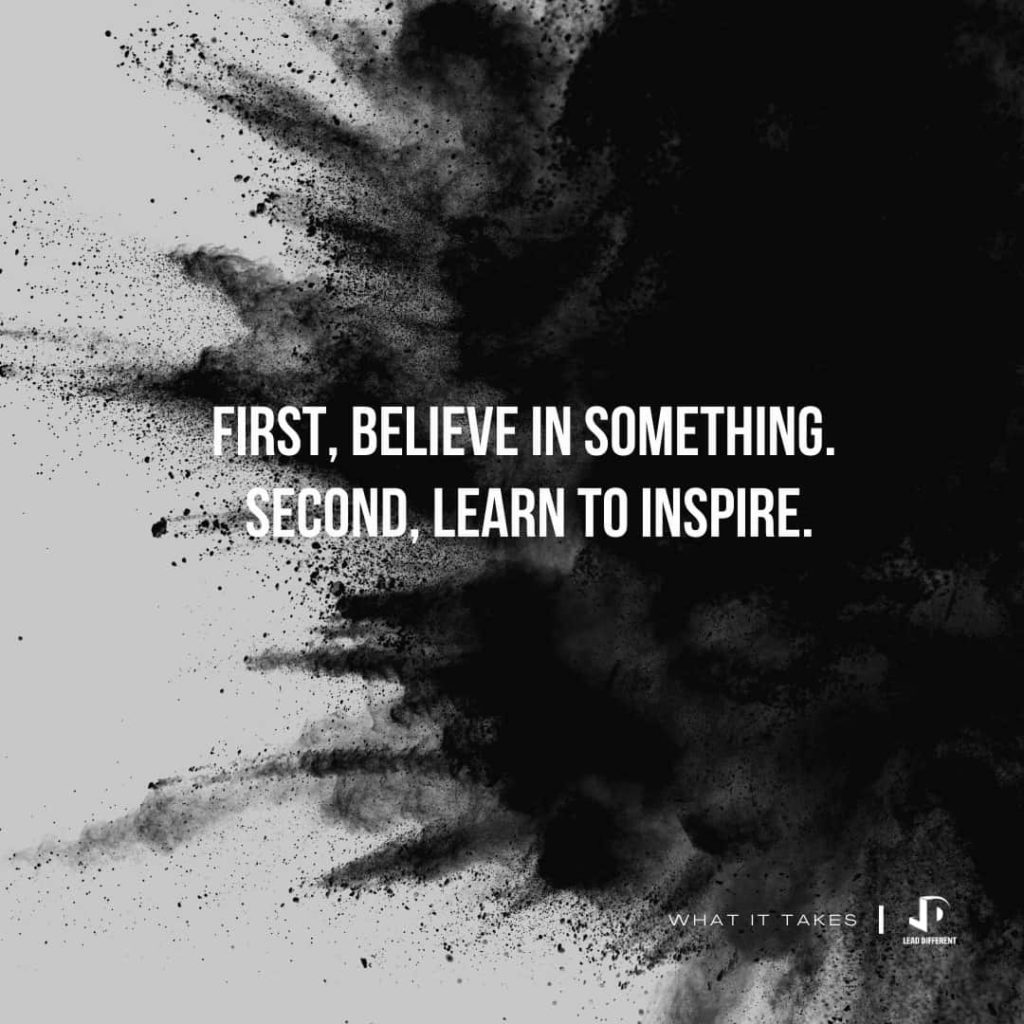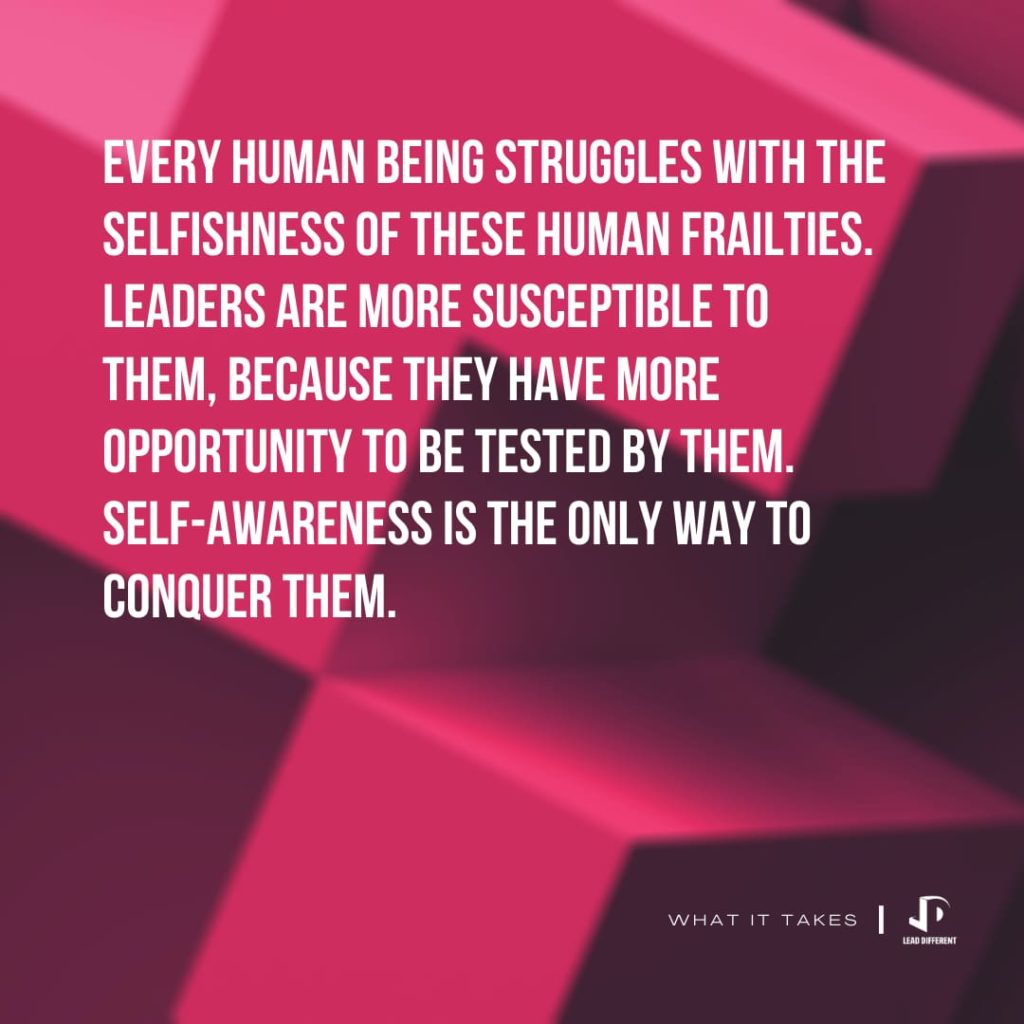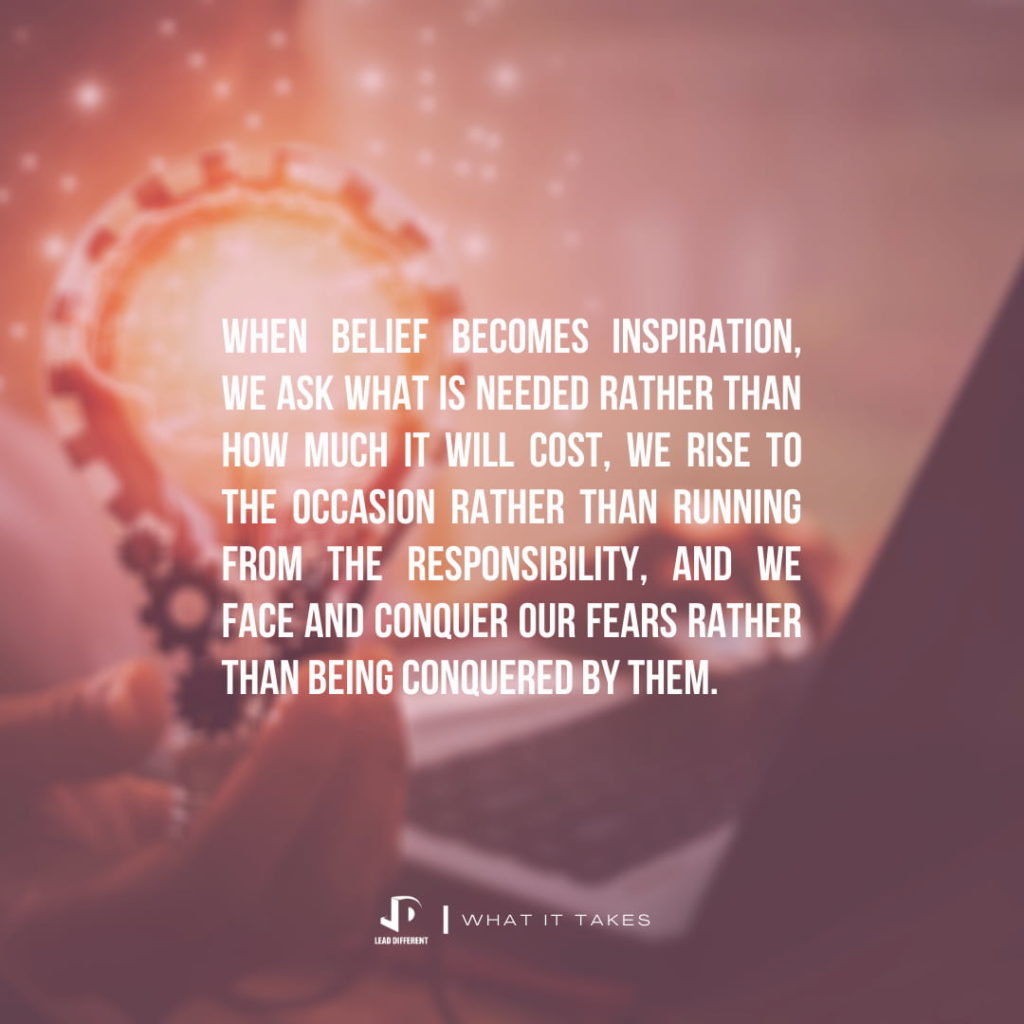
What It Takes
October 30, 2020
Russ Ewell
“What I wanted, what I could not find, was an account I could understand of how people like us—with dreams and doubts, great talents and ordinary frailties—get to be people people like them. I wanted to know not about the campaign, but about the campaigners.”
Richard Ben Cramer, What It Takes
On November 3, 2020, the United States will be electing a president. Watching the campaign reminded me of a book about becoming president, “What It Takes, The Way to the White House” by Richard Ben Cramer.
Mr. Cramer seeks to understand “what kind of life would lead a man (in my lifetime, all have been men) to think he ought to be President.”
“What in their backgrounds could give them that huge ambition, that kind of motor, that will and discipline, that faith in themselves? What kind of faith would cause, say, a dozen of these habitual winners to bend their lives and the lives of those dear to them to one hugely public roll of the dice in which all but one would fail?”
Richard Ben Cramer, What It Takes
While few of us would consider, let alone pursue, running for president, many of us are leaders, or want to be leaders, or need to be leaders.
My pursuit of the answer to “What It Takes” is for those of us whose backgrounds might be more modest than presidential contenders, but are no less important to our families, communities, schools, companies, and especially the secular and spiritual institutions that make democracy possible.
This requires answering three “What It Takes” questions:
- What will it take for current leaders to become more effective?
- What will it take for those who want to lead to become leaders?
- What will it take for those who need to lead to become willing to lead?
First believe, then inspire
“Fight for the things that you care about, but do it in a way that will lead others to join you.”
Ruth Bader Ginsberg
Ruth Bader Ginsberg was asked a question after receiving the Radcliffe Medal at Harvard University. The question was about advice for young women of today. The quote from above was her answer.
Close examination reveals two parts to her answer. “Fight for the things you care about,” and “do it in a way that will lead others to join you.” First, believe in something. Second, learn to inspire.

Whether we currently lead, hope to lead, or are resistant to leadership, there are two answers to the question of “What It Takes.” First, we must believe in something, which means questioning whether we believe in anything greater than ourselves. Second, we must learn to inspire others, which is impossible unless we ourselves are inspired.
Do you believe?
“Nothing in life is more liberating than to fight for a cause larger than yourself, something that encompasses you but is not defined by your existence alone.”
John McCain, Restless Wave
Reflecting on my experience in leadership, the most surprising truth is how many people in leadership do not believe in the cause they serve. For these, leadership is a job, increased pay and status; an achievement, the prize for beating the competition; dysfunction, the misguided pursuit of attention, applause, and acclaim in an effort to resolve deep insecurity.
Every human being struggles with the selfishness of these human frailties. Leaders are more susceptible to them, because they have more opportunity to be tested by them. Self-awareness is the only way to conquer them.

Something I have learned about myself is while I may have always believed in the cause for which I was leading, there have been many occasions where my motivation changed from the cause to the benefits of leading. This usually occurred when the focus on and admiration for leaders had become unhealthy, where we as leaders had become larger than the cause.
Whether our motivation is corrupt from the beginning or becomes corrupt over time, the essential truth about leadership is this: without an ever-deepening belief in the cause, we will never have “What It Takes” to be effective.
This is why the quoted advice from John McCain is so important. “Nothing in life is more liberating than to fight for a cause larger than yourself,” teaches us that the belief in and dedication to the cause prevents us from leading solely for the benefit of self. A simple way to think about this is when we believe in something more than we believe in ourselves, we are free to fight for the cause without selfishness, which means we can do it to the best of our ability.
The next time we are asking ourselves how we can lead better, learn to lead, or become motivated to lead for the first time, we should ask whether the cause for which we plan to lead plays the role in our lives described by John McCain when he said, “something that encompasses you but is not defined by your existence alone.”
Are you inspired?
“There never was a moment in American history more honorable and more inspiring than the pilgrimage of clergymen and laymen of every race and faith pouring into Selma to face danger at the side of its embattled Negroes. Confrontation of good and evil compressed in the tiny community of Selma generated the massive power to turn the whole nation to a new course.
A president born in the South had the sensitivity to feel the will of the country, and in an address that will live in history as one of the most passionate pleas for human rights ever made by a president of our nation, he pledged the might of the federal government to cast off the centuries-old blight. President Johnson rightly praised the courage of the Negro for awakening the conscience of the nation.”
Martin Luther King, Jr., Our God Is Marching On!
Few events in history record a more inspiring story than the fight for civil rights in America during the 1960s. My parents’ and grandparents’ generations were the ones on the frontlines of this fight.
What made these great generations march in the face of danger, confronting evil such that they turned a whole nation on a new course, moving a president to make a passionate plea for America to live up to the promise of this nation’s ideals?
The answer is simple. They were inspired. They would never have marched unpaid on unsafe streets against violent resistance to “awaken the conscience of a nation” unless they believed in the cause deeply enough to be inspired.
Belief prepares us for leadership, but only when that faith inspires action does it make us capable of being a leader. When belief becomes inspiration, we ask what is needed rather than how much it will cost, we rise to the occasion rather than running from the responsibility, and we face and conquer our fears rather than being conquered by them.

Leaders must be personally inspired. Those who lead but want to lead better must locate their pockets of resistance – those areas where apathy, anxiety, anger, and selfish ambition keep them from serving and sacrificing to the level needed for the cause to succeed. Those who want to lead but do not yet know how to lead must start by developing a type of inspiration that causes them to take initiative rather than waiting to be told, while those who need to lead but resist must question whether they believe at all.
Conclusion
There will be those who will mistake the simplicity of this blueprint for developing “What It Takes” to be a leader for superficiality. Failure to see the power of belief and inspiration means this will not be the last of their mistakes.
My good fortune is to have led in the non-profit and spiritual world for some time, and what I most remember is the insight of one of my most important mentors, former executive for General Motors Frank Colvin. He told me, “For-profit organizations motivate people with money, whereas organizations like yours give them something to believe in.”
Whether you lead on a student council, a sports team, a business, a non-profit, or decide to run for president, remember this: to believe and become inspired is the foundation of leadership. This was the essence of Ruth Bader Ginsberg’s advice to young women at Harvard, and to us all, when she said, “Fight for the things that you care about, but do it in a way that will lead others to join you.”
My Leadership Notebook
These are my handwritten notes illustrating my thoughts and ideas still in development. I’d like to give you a window into my thought process each week, in hopes that it will inspire you to unleash your own creativity and embrace imperfection.


